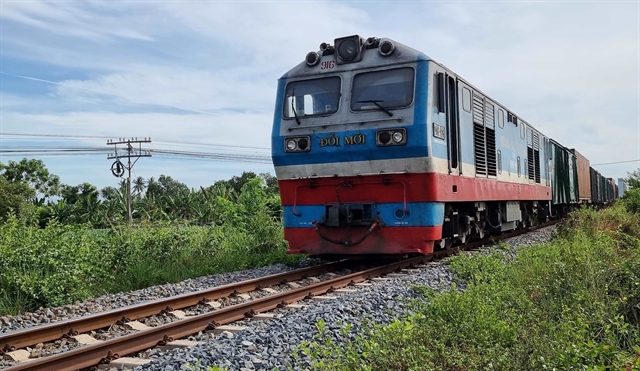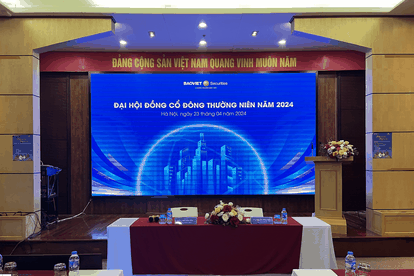
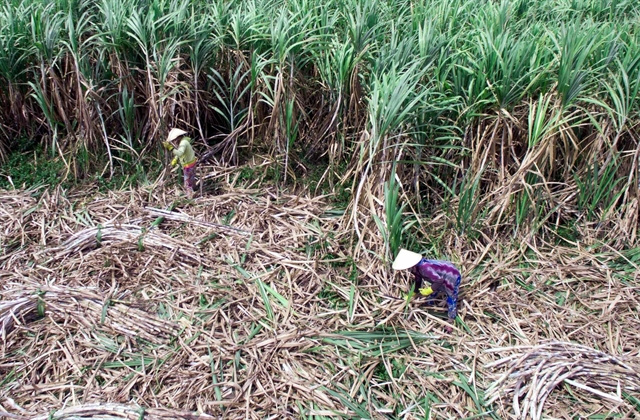
|
| Sugarcane is harvested in Sóc Trăng Province's Cù Lao Dung District. The ASEAN Trade in Goods Agreement (ATIGA) is forecast to pressurise local sugar producers and farmers with new trade tariffs. — VNA/VNS Photo Trung Hiếu |
HÀ NỘI — Sugar firms have asked authorities to properly analyse the implications of the implementation of the ASEAN Trade in Goods Agreement (ATIGA) on farmers, workers and enterprises.
The deal will come into effect as of January 1, 2020 in Việt Nam, with the tax on imported sugar to be reduced to 5 per cent.
In a proposal sent to Prime Minister Nguyễn Xuân Phúc recently, Vietnam Sugarcane and Sugar Association (VSSA) acknowledged the ATIGA is an appropriate deal; however, many Vietnamese businesses are under pressure as trade fraud and smuggling increase.
Speaking at a seminar held by Nông thôn Ngày nay (Countryside Today) in Hà Nội on Saturday, Chairman of the Sơn La Sugar Joint Stock Company Đặng Việt Anh said Việt Nam needs a roadmap to implement the ATIGA that ensures fairness and transparency for all stakeholders.
A VSSA figure report showed that the sugarcane growing area has decreased by 30-60 per cent in the past five years. A lack of raw sugarcane has forced refineries to maintain low capacity production. So far, 17 out of 30 refineries have lost their equity. Some have had to suspend production and may go bankrupt within next year.
Anh expected the relevant agencies would put off the implementation of ATIGA until 2025 to allow Vietnamese sugar factories and farmers to restore raw material areas and stabilise production in order to balance its position with Thailand on the market.
If the Government approves the delay, Anh said Việt Nam would enter the ATIGA after five years on the basis of renegotiating with Thailand on quotas and import tariffs, just as Indonesia and the Philippines did.
According to VSSA, the key cause to problems faced by the domestic sugar industry is the rampant smuggling of Thai sugar on an international scale.
Anh said Việt Nam’s sugar prices were higher than Thailand's due to the latter's subsidy.
“Trade fraud and smuggled sugar from Thailand have caused losses to Việt Nam’s sugar industry for a long time and the issue has become more serious in the past two years, causing one-third of Vietnamese sugar factories to shut down," Anh said.
"Many sugarcane fields have been abandoned due to losses and farmers do not know what to do.
“Integration in the context of unequal competition and trade fraud at this time will push farmers and factories into a ‘death zone’,” he said.
Vice Chairman of VSSA Lê Hồng Thái said that in the past ten years, the sugar industry has invested more than VNĐ20 trillion (US$851 million) to improve machinery and technology to prepare for integration. Now, most domestic sugar factories have automatic technologies that meet international standards.
“It’s said that Việt Nam’s sugar industry is weak, but in East Asia and Southeast Asia, our sugar prices are more competitive than all countries except for Thailand,” said Thái, who is also chairman of the Cần Thơ Sugar Joint Stock Company.
Thái said almost all of the 120 sugar producing countries in the world protect and subsidise their sugar industries. “In Thailand, its policy is deeply involved in many important stages in the production chain, including direction to growing areas, direct payment to sugarcane growers, preferential loans, input subsidies for producers and exports.” — VNS
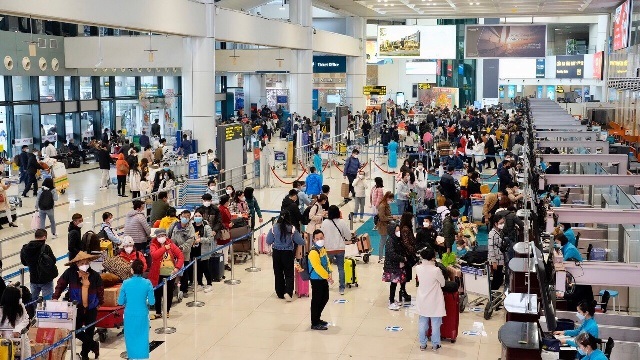
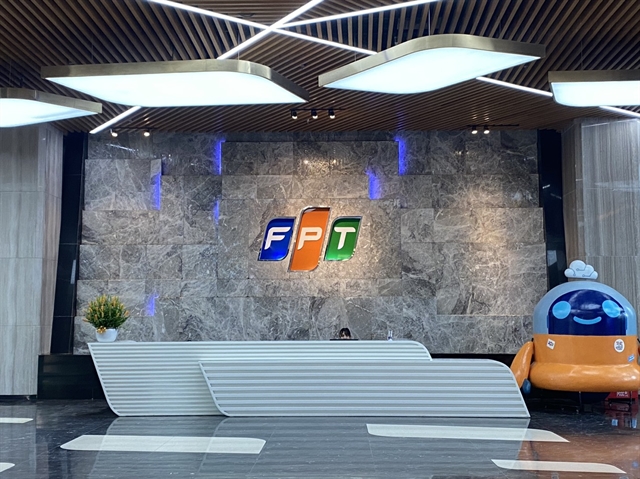
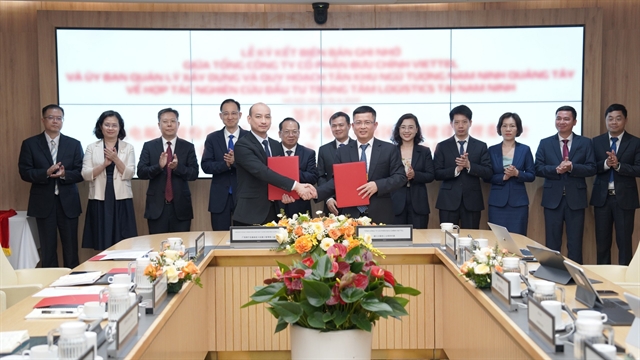

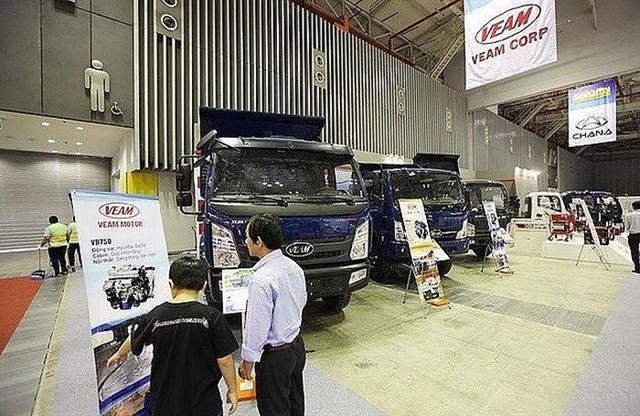
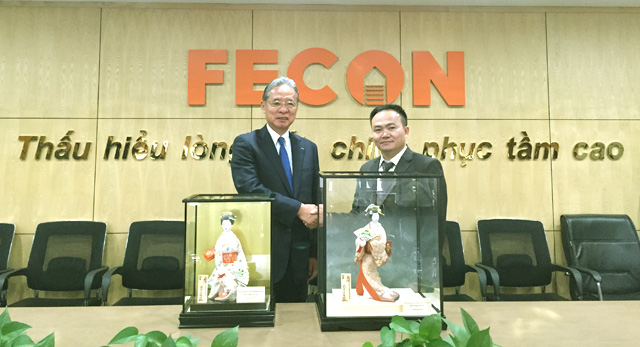

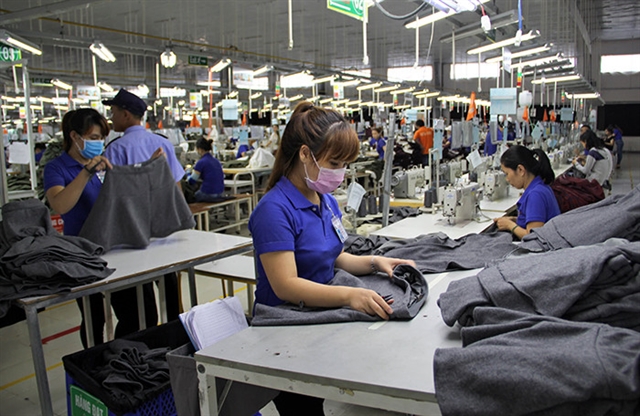
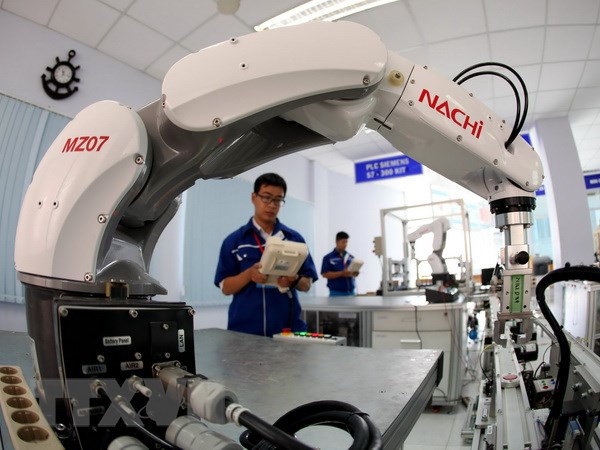
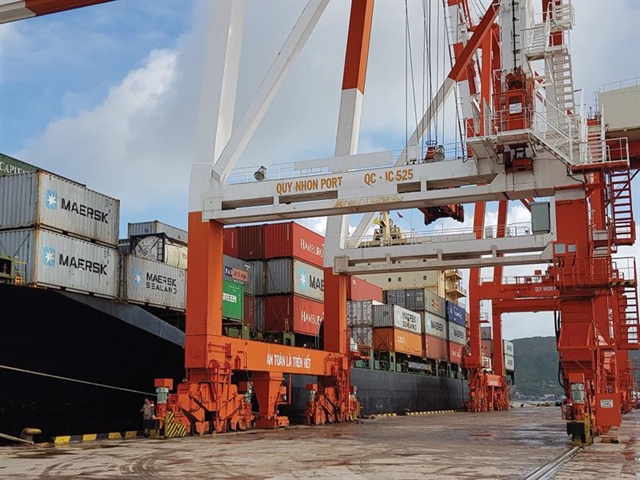
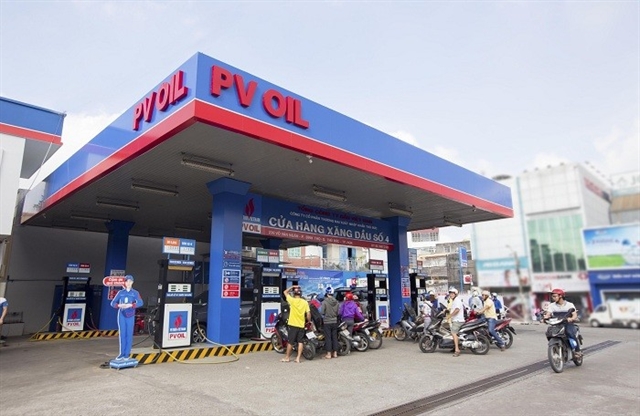
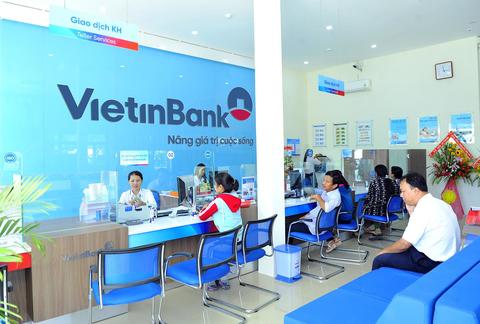



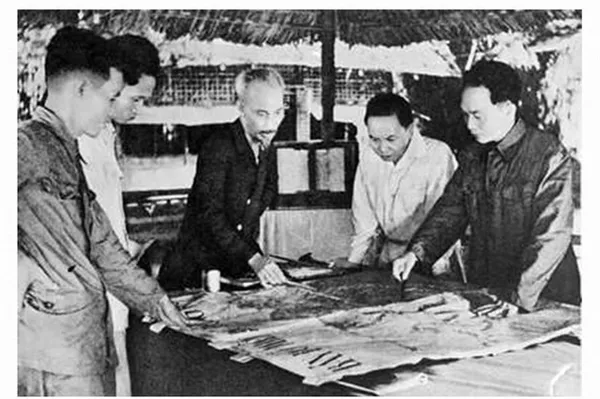
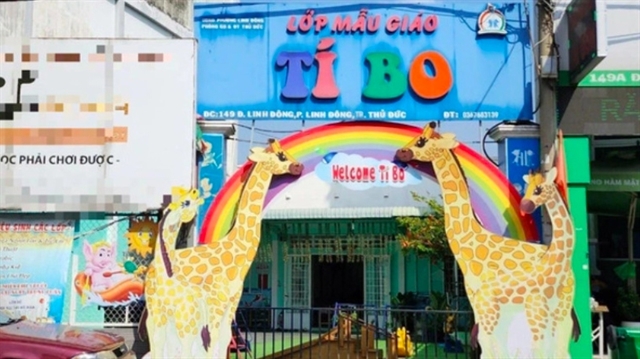
.jpg)
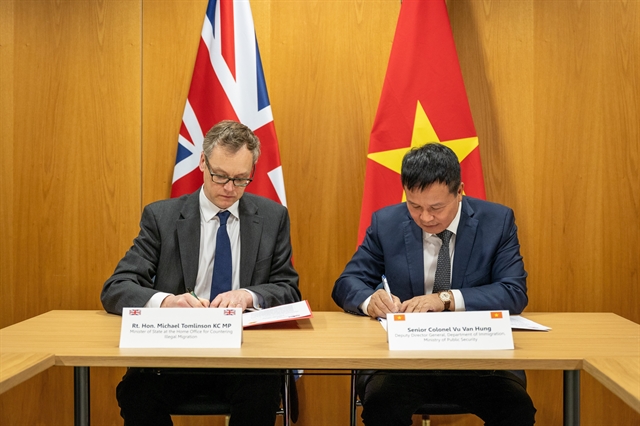


.jpg)
